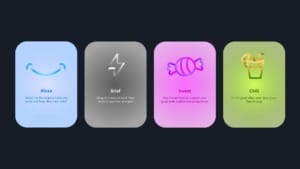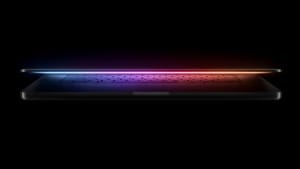Apple and Google tackle Bluetooth tracker safety
Apple and Google introduce a new standard for detecting unwanted Bluetooth trackers, enhancing privacy and safety for both iOS and Android users.
Apple and Google have introduced a new specification to improve the safety of Bluetooth tracking devices. This week, Apple announced that iOS 17.5 now features alerts for unknown third-party Bluetooth trackers, and Google is implementing the same across Android devices running version 6.0 or higher.
The Detecting Unwanted Location Trackers (DULT) standard is a joint effort by Apple and Google to stop the misuse of Bluetooth trackers like Apple AirTags. This standard allows iOS and Android devices to alert you if a tracker conforming to the standard is travelling with you without its owner.
If an unknown Bluetooth tracker is detected moving with you over time, your iPhone will notify you with an “[Item] Found Moving With You” alert. This alert will provide information about the tracker, enable you to make it play a sound for easier location, and guide you on how to disable it.
Boosting Android users’ security
When Apple first released AirTags, there was no alert system for Android users. Apple later launched an Android app to address this, and Google introduced unwanted tracking alerts for AirTags in July 2023.
With the rollout of Google’s enhanced Find My Device network, the potential for third-party tracking has increased. Google decided to wait for Apple to adopt the DULT standard before integrating Bluetooth tracker support into its network. Now that Apple has added this feature to iOS, we can expect a surge in new Bluetooth trackers that comply with the standard.
Several manufacturers have already committed to supporting the DULT standard. Chipolo and Pebblebee have announced new tags, and devices from Motorola, Jio, and Eufy are on the horizon. Samsung and Tile, which will also support the Find with Life360 network, have pledged their support for the standard as well.
This partnership between Apple and Google represents a crucial advancement in preventing the misuse of Bluetooth trackers and safeguarding user privacy. As more devices adhere to this standard, you will benefit from increased protection against unwanted tracking.
















